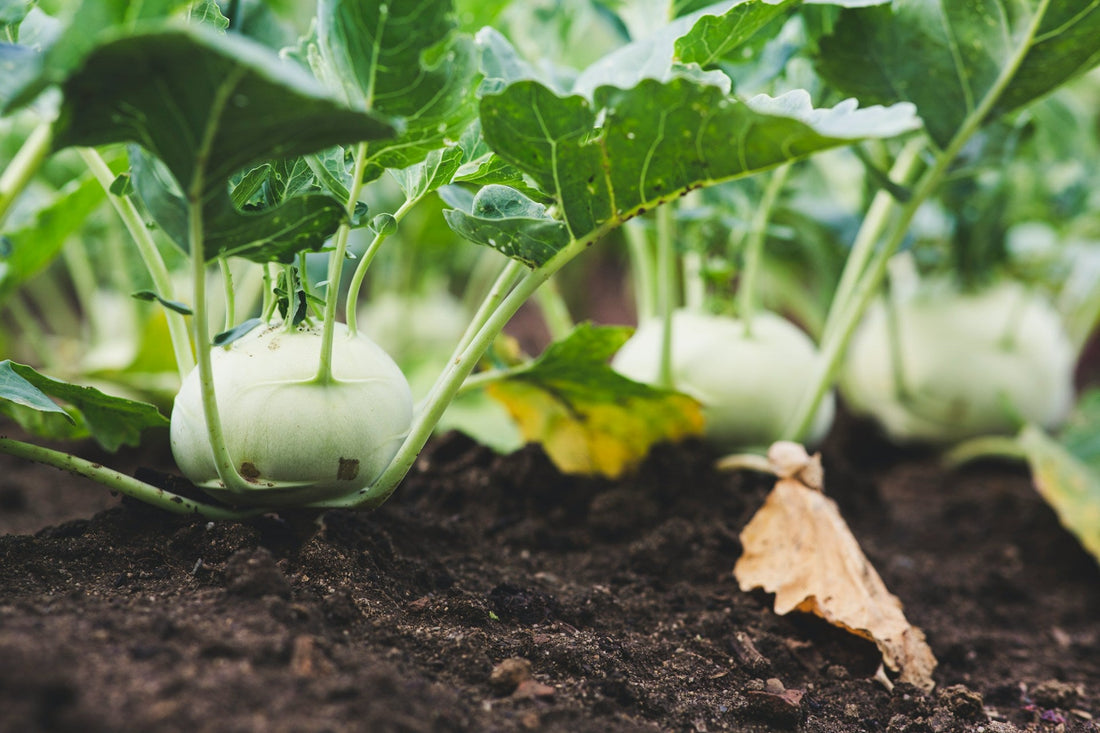
A Beginner’s Guide to Organic Vegetable Gardening
Share
Imagine stepping outside your door and picking fresh, crisp vegetables straight from your own garden. Organic vegetable gardening makes this possible without pesticides or synthetic chemicals. You don’t need a backyard—you can start in containers, raised beds, or even a balcony.
🌱 Why Organic Gardening Matters
Organic gardening promotes healthy food, healthier soil, and supports local pollinators. Avoiding synthetic chemicals protects both your health and the environment. It also gives you peace of mind, knowing exactly what goes into your food.
-
Health Benefits: Fresh, nutrient-rich vegetables.
-
Eco-Friendly: Composting and natural soil care reduce waste.
-
Cost Savings: Homegrown produce is cheaper than store-bought organic food.
-
Emotional Rewards: Gardening reduces stress and gives tangible accomplishment.
🥕 5 Steps to Start
-
Find a Growing Space: Sunny balcony, raised bed, or containers.
-
Prepare the Soil: Mix compost, aged manure, or worm castings.
-
Select Vegetables: Lettuce, radishes, cherry tomatoes, bush beans.
-
Water Properly: Deep watering 2–3 times a week.
-
Pest Protection: Use neem oil, companion planting, or encourage beneficial insects.
💡 Bonus Tip
Keep a garden journal—record planting dates, watering schedules, and growth. It improves your learning and yields over time.
🛒 Shop Organic Essentials
Get started with organic seed kits, compost kits, self-watering containers, and raised bed kits. Grow your own healthy harvest today.
